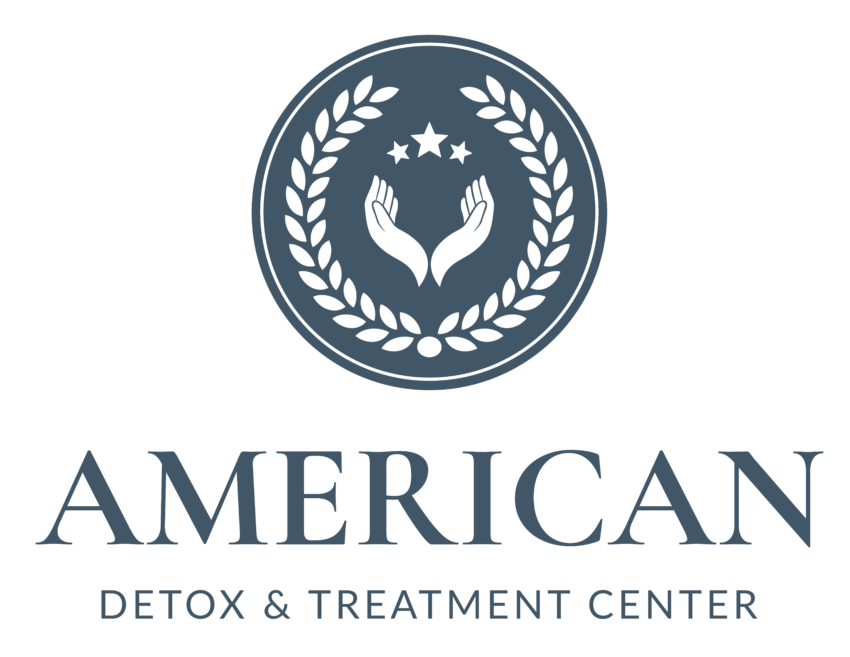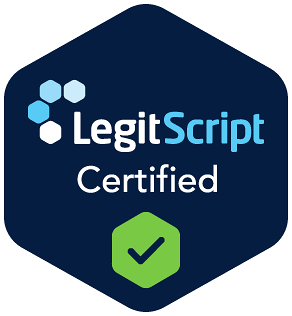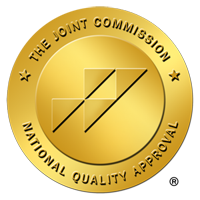If you suspect that someone you know or love is struggling with addiction, there are many ways that you can learn to help. You can learn the common signs of addiction so you know when there is trouble and encourage them to seek care.
Common Signs of Addiction
If you have a friend or family member who has started to act a bit oddly recently, making excuses for their behavior or neglecting personal/professional responsibilities, you might wonder whether they have an addiction.
Addiction can manifest when someone becomes physically dependent on a substance like alcohol, illegal drugs, or even prescription drugs.
Signs of addiction can be physical, like shaking, needle marks on the body, or sudden weight loss. They can also be behavioral, like lying, being late or absent with increasing frequency, or sudden mood swings. Other signs include problems with finances or getting into trouble with the law, like a DUI.
So when someone you know starts to display these signs, what do you do? How can you help?
How to Help Someone with Addiction
There are several ways you can learn how to help someone with an addiction, starting with having open and honest conversations with them, showing support, educating yourself on addiction, and helping them find treatment.
Show Support
If you are looking for information on how to help someone with addiction, start by showing support. This means having honest conversations with them, letting them know that you love them and care for them, no matter what.
Start Talking
Don’t wait for them to come to you and share that they need help. Take opportunities when you find them to have open and honest conversations about addiction, about things you may have learned, or how you’ve noticed their behavior lately.
If you’ve already established your show of support, that conversation will come from a place of love and not of judgment.
Educate Yourself
Educating yourself can be empowering. It can help you learn how to help someone with addiction by recognizing signs of addiction, overdose, or relapse. It can help you differentiate between different substances or learn which levels of care could help those in need.
Plan an Intervention
Another way to help, especially for a close friend or family member, is to plan an intervention with an intervention specialist. This can give you support when it comes to collecting your thoughts and sharing what is most important in your encouragement of them getting help.
Helping Find Treatment
Tangentially, it is important that you help someone with addiction by encouraging them to seek treatment and helping them find the right level of care when the time comes.
This can look different depending on the circumstances. It might, for example, be you providing contact information for a treatment center you found online. It might be calling on behalf of a friend or family member. It might be driving them to the detox center when it comes time to start treatment, or picking them up after they are done.
Getting Help with American Detox and Treatment
Finding the right treatment program is essential. There are several levels of care, with inpatient care being the most comprehensive and often the most successful. But before that, individuals who are struggling with addiction need to undergo detox.
Finding a facility that offers detox at the same location can make treatment much easier for many people struggling with addiction.
Moreover, those who come from unique career paths, paths prone to higher rates of addiction, might need unique programs. This includes CEOs, military members, and first responders.
With American Detox and Treatment, we provide inpatient and detox services with separate treatment programs for military veterans and first responders. Our drug rehab programs take place in a treatment center with private rooms for men with flat screen TVs and private or shared rooms for women. With full time therapists and psychiatric nurse practitioners on staff, we ensure a good staff-to-client ratio for the duration of your care.
There are several ways you can learn how to help someone with addiction. The more you educate yourself, the better positioned you will be to recognize the signs of addiction and help others get the care they need.
Contact our team today to discuss our program requirements and how to help someone overcome addiction.



